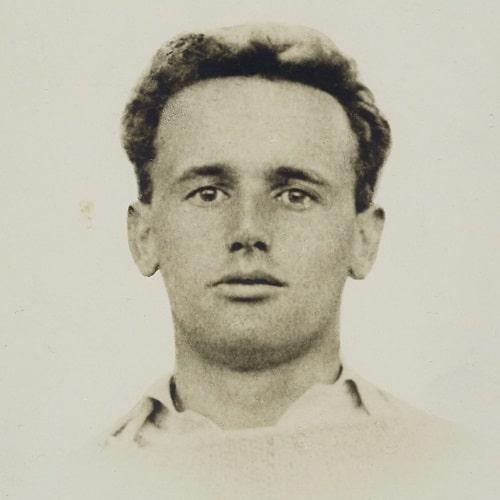F. J. Poynton was born at Kelston, Bath, of which his father, Rev. F. J. Poynton, was vicar. He was educated at Marlborough and studied medicine at University College, Bristol, and St. Mary’s Hospital, qualifying in 1893. From a series of junior posts at St. Mary’s he was appointed assistant physician to the Hospital for Sick Children in 1900 and assistant physician, with charge of the children’s ward, at University College Hospital in 1903. At the latter he became full physician in 1910 and at Great Ormond Street full physician in 1919; he retired from both as consulting physician in 1934. In 1924 he was Bradshaw Lecturer at the Royal College of Physicians, of which he later became Senior Censor, in 1927 Lettsomian Lecturer at the Medical Society of London, and in 1934 Long Fox lecturer at Bristol. In 1931 the British Paediatric Association elected him as its president.
Poynton from beginning to end of his career produced a steady stream of papers on rheumatism. In 1913 he published the conclusions of fifteen years of research with Alexander Paine under the title of Researches in Rheumatism. In this volume, and subsequently, he propounded the view that acute rheumatism should be looked on as the result of infection by a diplococcus of the streptococcal group. The resulting controversy somewhat embittered his outlook towards his profession, although his resentment never extended to individuals. His love of children seemed to grow as his disillusionment about adults increased, and there was a "small-boyish" streak in him that appealed to his young patients. His reputation as a teacher was exceptional, particularly in his younger days, and his rounds drew large crowds of students who approved of his honesty of purpose, addiction to clinical aphorisms, mischievous frankness of speech and criticism of current practices. To the world he posed as a countryman and, in spite of his long sojourn in London, professed scorn for all townsmen. He was devoted to his native county. Physically stocky and strong, he was a county cricketer and captained Somerset after becoming a Fellow of the College. He had a fine tenor voice, was a pioneer motorist and took an interest in flying. He married in 1904, Alice Constance, daughter of Sir John Campbell-Orde, third baronet, and had one son and one daughter. He died at Bath, where he had lived after retiring.
G H Brown
[Lancet, 1943; B.M.J., 1943; Scrapbook, in R.C.P. Library]

